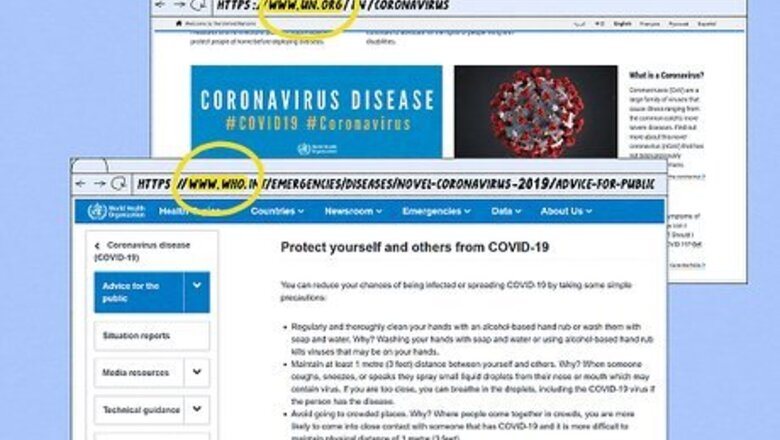
views
Reliable Organizations
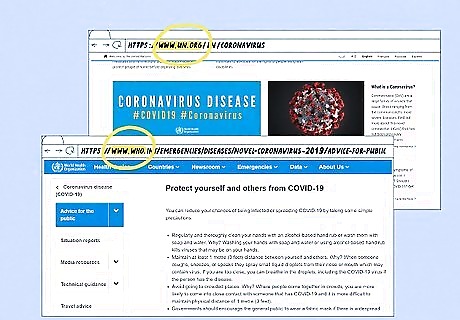
Consult WHO and the UN for reliable, global updates. The World Health Organization (WHO) and the United Nations (UN) are constantly studying and reporting on COVID-19 cases all over the world. These organizations’ websites offer plenty of resources and articles that you can peruse, which can help keep you up-to-date on the latest news and best practices for staying safe during the pandemic. You can find a list of common COVID-19 mythbusters here: https://www.who.int/emergencies/diseases/novel-coronavirus-2019/advice-for-public/myth-busters.
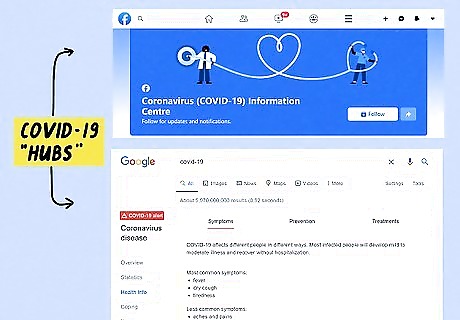
Visit the COVID-19 “hubs” on various social media and internet platforms. Sites like Facebook, Apple News, Google, Snapchat, and Twitter have all created special “hubs,” or featured sections of information pertaining to the COVID-19 outbreak. You’ll have to use a bit of your own discretion as you go through the different news bytes—however, many of these platforms try to prioritize more reliable news sites. These are the easiest ways to stay up-to-date with the newest COVID-19 developments.
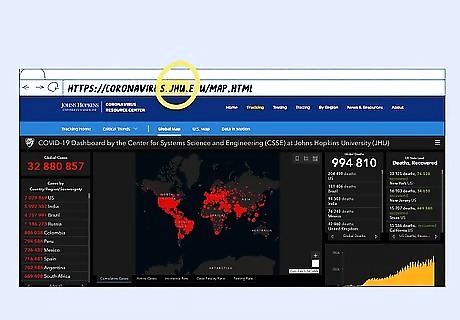
Stop by the Johns Hopkins site for accurate reports of case numbers. It can be a bit gloomy to think about how many COVID cases there are in the world currently. However, if you want a more exact count, the Johns Hopkins Center for Systems Science and Engineering runs a dashboard that calculates the current number of global cases. You can find this site here: https://coronavirus.jhu.edu/map.html.

Follow trusted experts on social media for factual information. Platforms like Twitter can be rife with misinformation if you’re following the wrong people, but they can be a great source of news and factual information if you’re following medical experts. Doctors and members of the medical community are great people to listen to during the pandemic.
Unreliable Information Sources
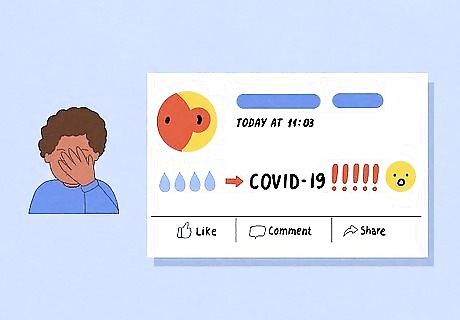
Don’t put too much stock in random social media posts. The current climate has left a lot of people nervous and anxious about the coming days, which is perfectly understandable. It can be easy to believe what you see on social media, but take the time to scrutinize posts carefully and discredit any info you find about home-brewed cures or solutions for COVID-19.
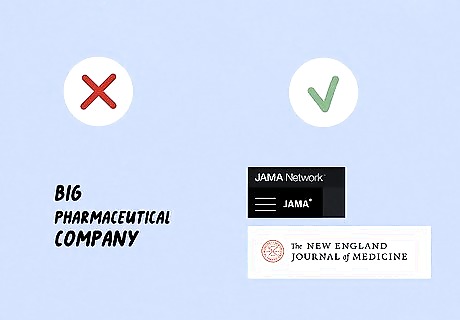
Search for studies only published by reliable groups. If you’re browsing through different studies, look over the specific publication details. While many studies are authoritative, there can be different factors that impact a study’s credibility, like the funding source, or where the study was first published. Generally, try to get your information from studies published in reputable journals.
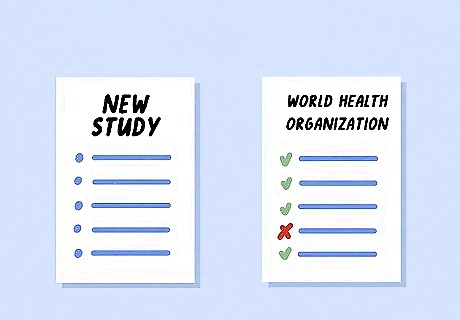
Fact-check new information against reputable organizations. Studies are teaching us new things every day, but they aren’t rewriting the rules when it comes to COVID-19, either. Even if new information is released in a study, you shouldn’t toss out everything you’ve learned out the window, either. Try to fact-check new information against reputable organizations, so you can get an idea of what to believe. For instance, you can cross-check new studies with WHO.
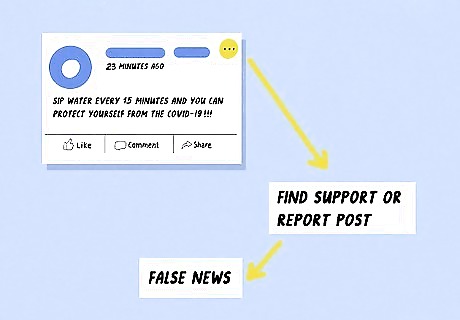
Report misinformation as you find it online. It can be really frustrating to find blatantly incorrect things online. Thankfully, most sites and platforms give you the option to report misinformation, which can help make the online world a safer place. You can figure out the best way to report misinformation here: https://www.who.int/campaigns/connecting-the-world-to-combat-coronavirus/how-to-report-misinformation-online.



















Comments
0 comment